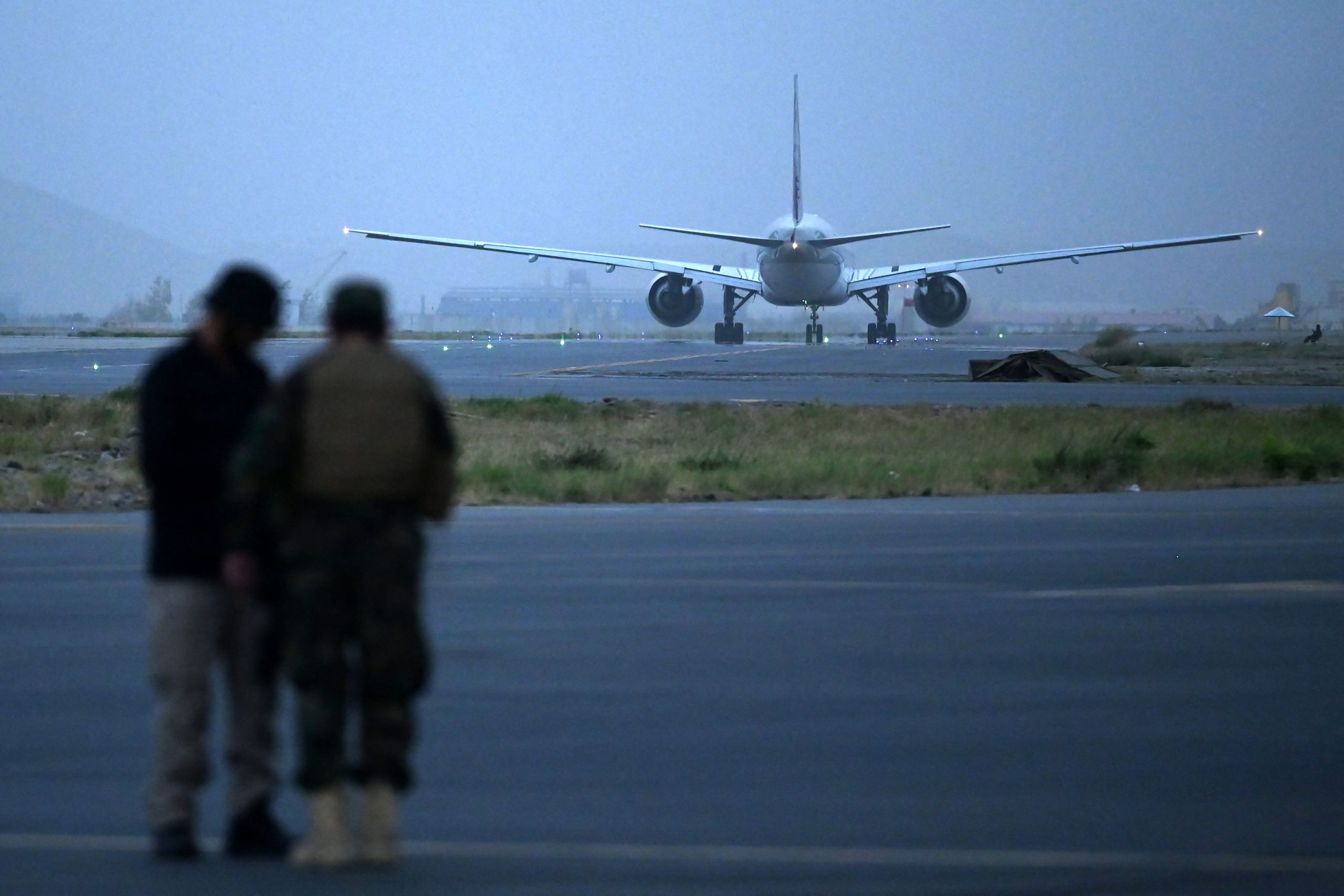Immigration New Zealand has amended the wording of its operational manual?following a landmark judgment by the New Zealand High Court last week that found it unlawfully stopped processing visa applications of Afghan nationals citing Covid border closures last year.
Justice Francis Cooke found Immigration NZ wrongly assumed that if the Afghan nationals were granted residency visas under the Refugee Family Support Category, they would not be able to enter the country because of border closures. The agency also?incorrectly denied Afghan nationals Critical Purpose Visitor Visas after misinterpreting?the humanitarian exception contained in its operational manual.?
The judgment affected about 70 Afghan nationals.

Officials took the approach that humanitarian circumstances needed to have arisen in New Zealand for the Afghan nationals to arrive here, when the exceptions were not originally limited in this way.?
But this week?Immigration NZ clarified to state: ※The compassionate entry exception criteria sets out exceptional family and medical-related reasons for travel, and confirms that a humanitarian crisis occurring outside of New Zealand is not relevant to the determination of a request to travel to New Zealand.§
Earlier, if a person was in a country with a humanitarian crisis situation they could be eligible for?the Critical Purpose Visitor Visa, but now only family members of those having a humanitarian crisis in New Zealand will be eligible for the visa category.
A situation that would meet the compassionate entry threshold?is allowing the closest relative of an orphaned child to travel to New Zealand to support the child temporarily, due to a lack of New Zealand-based alternatives, Immigration NZ says.
Community Law Waikato legal services manager Angela Smith was among a team of lawyers to fight Immigration NZ’s misinterpretation?case at the High Court.?
Smith, who is in touch with the applicants’ family sponsors in New Zealand, says their clients were incredibly relieved to hear the court’s decision.?
※Family members here are distraught at the danger their families face in Afghanistan under Taliban rule. Every day they hear tragic stories and worry their families will not survive. It was hard to fathom immigration could stop processing residency applications and decline humanitarian reasons even in the face of a humanitarian crisis in Afghanistan.§
Smith says?the changes will not affect the 70 people who were wrongly denied residency visas because their cases are still captured by the instructions that were in place at the time they made their applications.?
※We’re really happy that our clients’ applications still need to be reconsidered prior to the change of instructions.
※But everyone else had a seven-day window to become aware they could apply for this category and have a look at the humanitarian circumstances in their own country and prefer immigration put their efforts into processing visas rather than changing instructions.§
※It was hard to fathom immigration could stop processing residency applications and decline humanitarian reasons even in the face of a humanitarian crisis in Afghanistan.§
- Angela Smith, lawyer
Smith says the next issue to tackle is reopening the processing of applications for resettlement of Afghan nationals.
Afghan nationals who helped the New Zealand Defence Force or other New Zealand Government agencies in Afghanistan, and their immediate family (partner and dependent children), were able to apply for resettlement in New Zealand.
Applications received before August 25 would be processed but Smith says many were still in hiding at that point.
Smith says the problem is that guidance in immigration’s operational manuals can be changed without consultation.?
※And that’s why they end up in a mess. I mean this change has been made in seven days. Quite rushed.§
This isn’t the first time Immigration NZ has amended its operational policy after misinterpreting its own rules.
Earlier this year, an Official Information Act request revealed that the priority and non-priority queues were not part of official Immigration NZ policies. Instead they were rules created by case officers handling the backlog of tens of thousands of cases.


